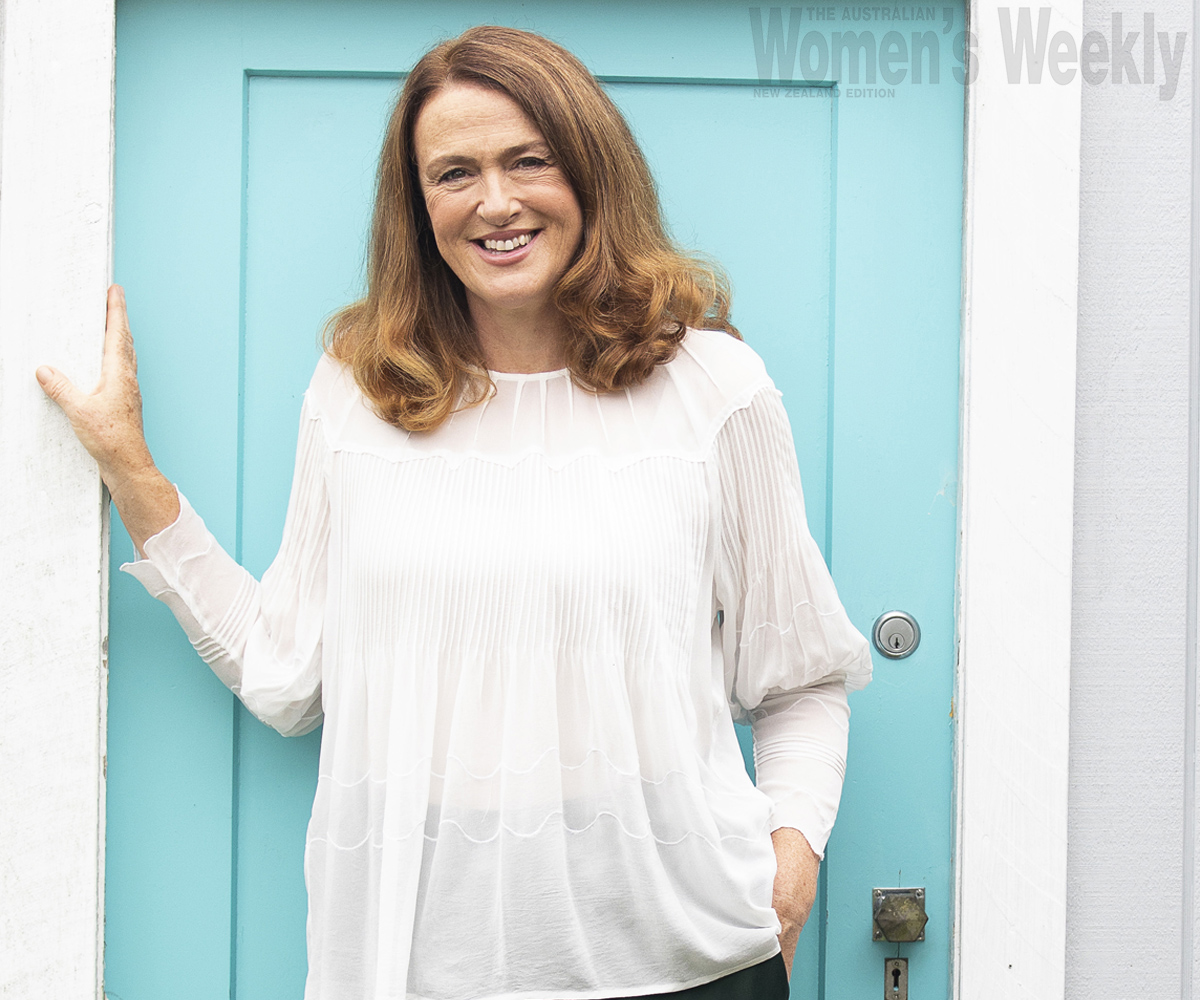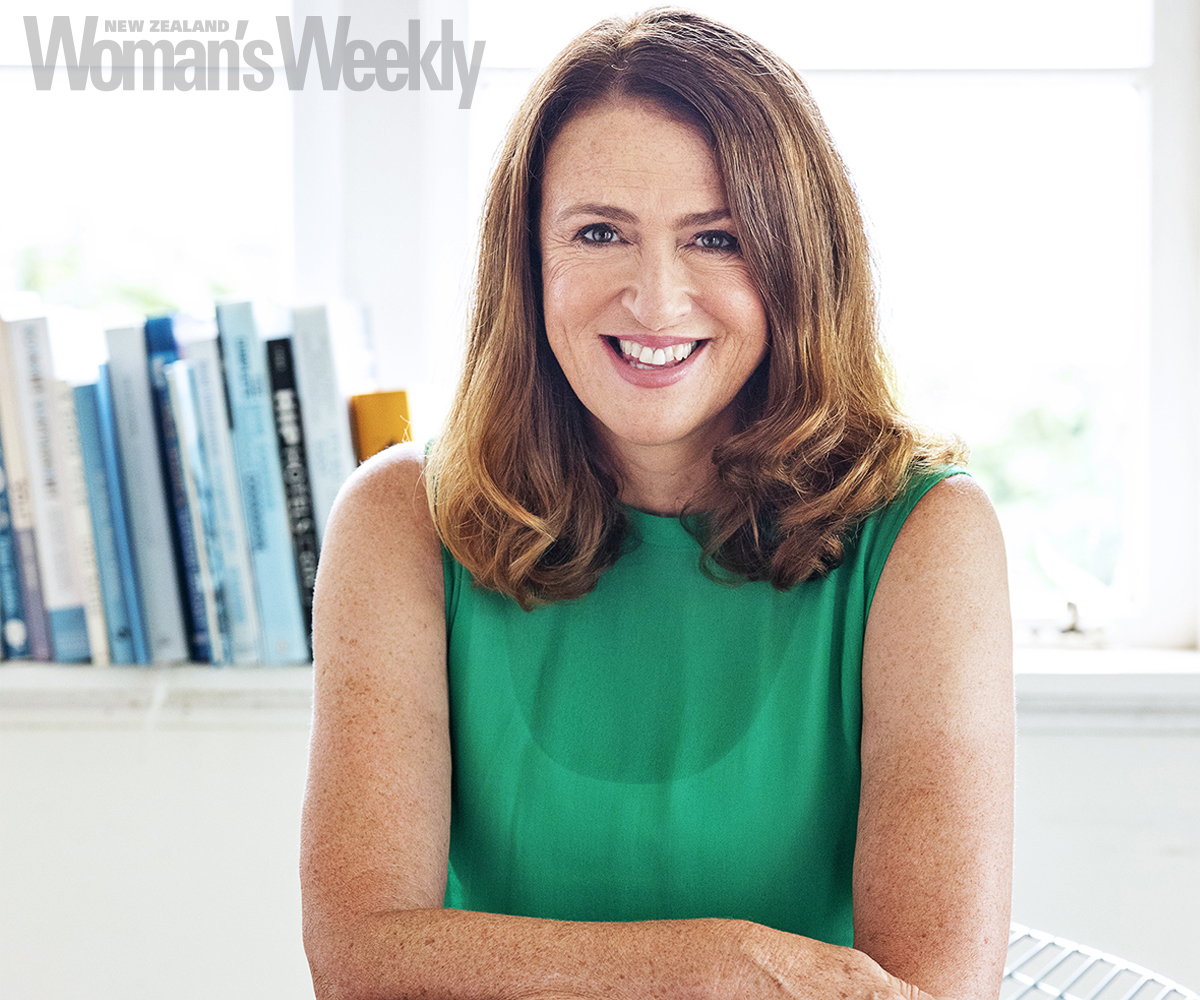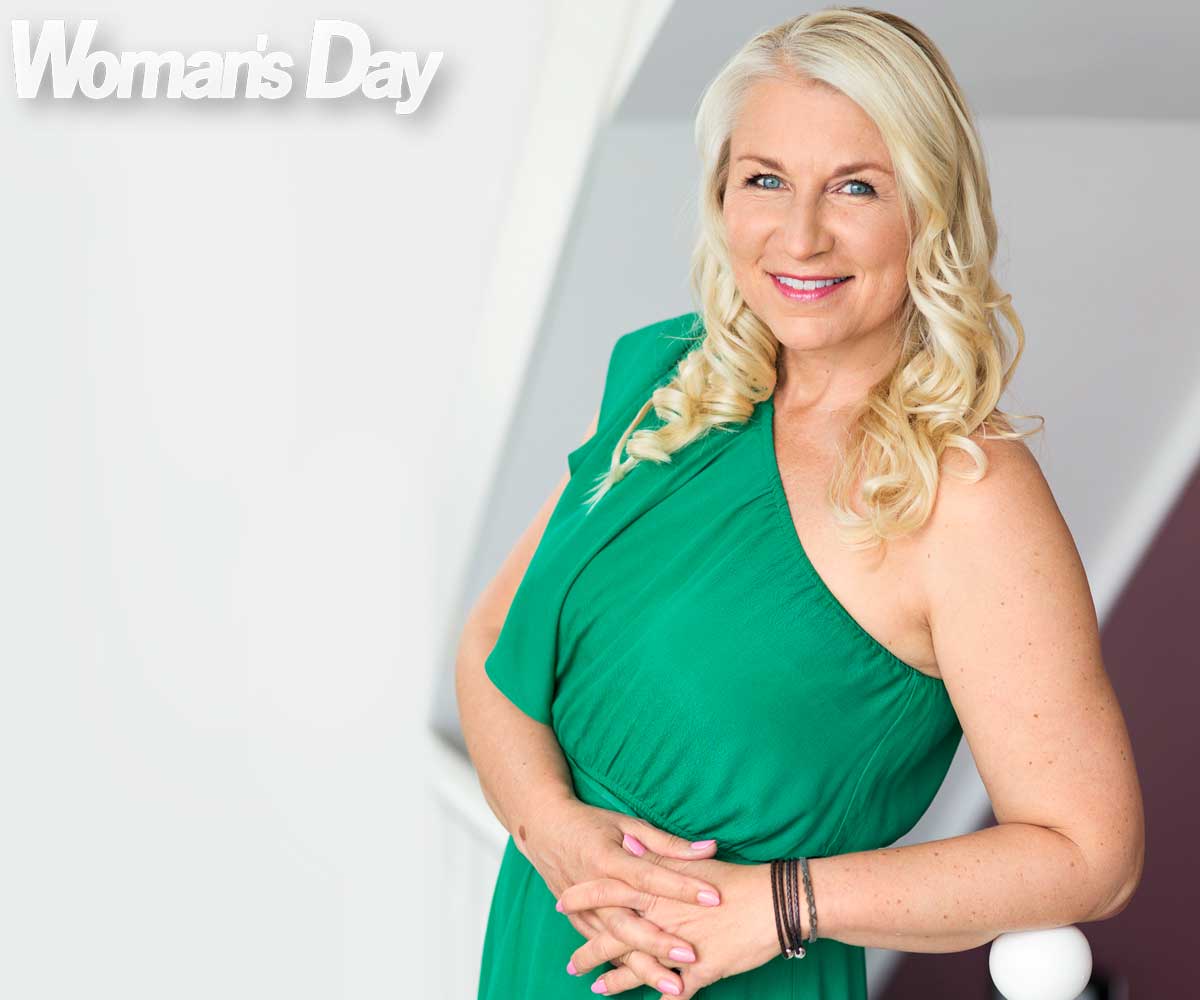Being a novelist, it’s a mad whirl of glittering launch parties and research trips to far-flung places.
Okay, I’m lying. I’ve been writing fiction for at least 15 years now and I can tell you what it mostly involves is sitting alone in a room, moving only your fingers, as you try to translate the ideas in your head into words and get them down on the page.
There is hour upon hour, day upon day of it. Sometimes it goes well, but not always. No one else can help much and you’re plagued with self-doubt. My latest novel, A Dream of Italy, is my 11th but I still embark on each new project filled with fears that I’m not good enough and won’t be able to do it.
What made things trickier this time was that I was determined not to knit any bits and pieces of myself into the characters. Everyone in this book is entirely unlike me – a gay couple, a pair of struggling millennials, a woman who has lost her way in life, an old man with a secret – and lots of time was spent getting to know them.

When the writing is going well, the characters start to seem real, almost like friends whose lives I’m becoming over-involved in. They can be infuriating, difficult to understand and at times they take me by surprise and lead me to places I hadn’t intended the story to go.
It is a very intense relationship – me and these people I have invented – and at the end of the process I struggle to say goodbye to them. Often it seems as if they may still be out there, carrying on with their lives beyond the confines of the pages.
About three novels ago I decided I was going slightly mad and needed to spend more time with living, breathing humans so I started writing a couple of times a week in a nearby café. It helps with my concentration having that background hum of other people’s noise and I enjoy the constant availability of cake.
Sometimes a friend, children’s book author Stacy Gregg, joins me. We used to do this thing where we raced to see who would be the first to reach 1000 words, but as it turns out I’m far, far slower than her…
Of course, writing a book is only one part of a novelist’s job these days. You also need to put loads of effort into building a strong social media presence, as publishers really do care how many followers their authors collect on Facebook, Instagram and Twitter. Almost certainly you’ll want to invest in a website, perhaps with a blog included. And be sure to respond quickly to readers who have taken time to send kind messages.
All of this can eat into valuable writing time.
Then there is the money. Income is not a particularly great reason to embark on writing fiction. Even though I’m considered to be a successful novelist – my books are on the best-seller lists and they sell internationally – it isn’t making me rich. And I’m not unusual in that.
From time to time someone will ask me to share advice for their child who is a talented writer and dreams of following the same path as me. I always say: “Tell them to get a good day job.” I suspect they think I’m being mean, but very few writers support themselves solely through producing fiction.
In her book on creativity, Big Magic, the writer Elizabeth Gilbert (most famous for Eat, Pray Love) talks about being your own patron – finding a way to earn enough money to support the work you really long to do. Lots of New Zealand writers seem to manage by taking teaching jobs – Paula Morris, Catherine Chidgey, Emily Perkins. Otorohanga’s Danielle Hawkins combines her fiction with farming, family life and working part-time as a vet. Wellington’s Catherine Robertson managed years of writing novels while running a business and raising kids.
For many authors a book can take years to finish and since they may receive as little as 7.5 per cent of the cover price of each one sold, it is not a reliable way to put food on the table.
Most of my income comes from journalism, producing articles for magazines like this one. It makes for a varied life – one day I might be writing about gut health or interviewing a TV star, the next I’m getting my head back into my story.
While I enjoy everything I do, the juggle to fit it all in sometimes defeats me. And other areas of life can suffer – I don’t have a stylishly renovated house or even an especially clean one right now. I do have about four inches of grey in my hair and a secret chocolate supply.

Therein lies the other tricky thing. After a year or so of mainlining on Whittaker’s Creamy Milk, wearing whatever random combination of clothing happens to be clean, and spending long days alone, the book is finally finished and I am forced, blinking into the bright light of the outside world, to promote it.
Most authors tend to be introverted people who quite like living in their own heads. So it’s an odd thing suddenly to find yourself appearing at book events, festivals and signings, or being interviewed by the media.
When I started out all those years ago I was actually very shy. The idea of any sort of public speaking filled me with horror. I have two people to thank for the fact I can do it today.
One was Angela D’Audney, a well-known New Zealand broadcaster back then. I ghost-wrote her autobiography while she was dying of a brain tumour and, unfortunately, when the day of the launch arrived, this articulate, smart woman had lost the ability to speak. To begin with I refused to take her place because I really didn’t have the confidence to stand up and address a big crowd of people. But Angela just gave me a sad, disappointed look and the next minute I was up there and it wasn’t so bad really.
I still struggled with nerves until my brother Vincenzo, an actor, gave me some great advice. “Instead of being yourself, pretend you’re acting a role, be Nicky Pellegrino, fabulous author person,” he told me. Basically he was saying fake it till you make it, and it turns out that works.
So why bother going on with writing novels if it can be so difficult and pay so badly? Well, partly because creating something from nothing is a kind of magic and when it’s going well and the story is flowing, there is no feeling like it. Also, I do get to go on research trips occasionally, and they’re pretty awesome.
Even after all these years I still have such a sense of achievement when I hold a finished copy of a new book in my hands. And I feel privileged that through my stories I’ve been a small part of many strangers’ lives, bringing them entertainment, making them laugh and cry.
Oh yes, and the other reason I keep at it… I’m really quite rubbish at everything else!




